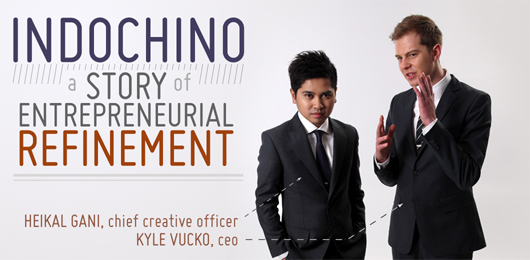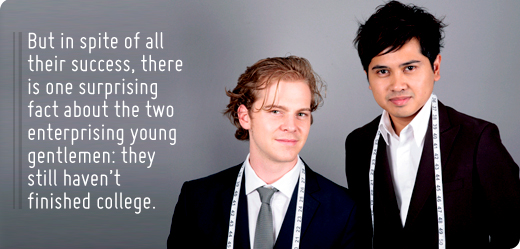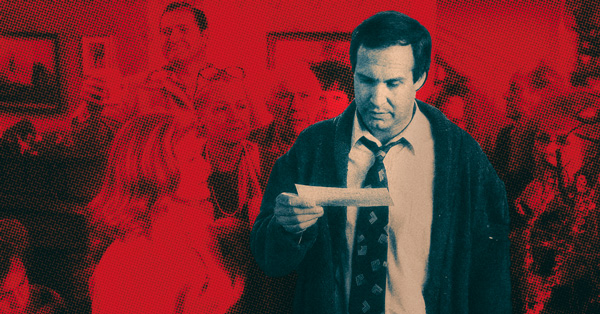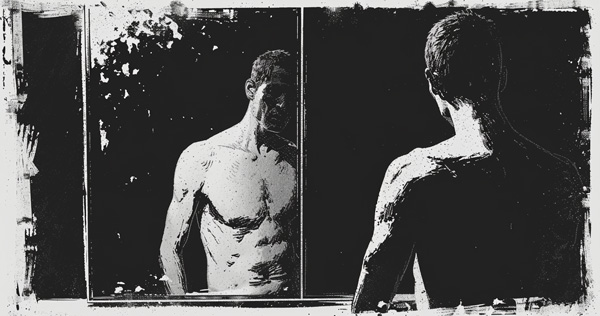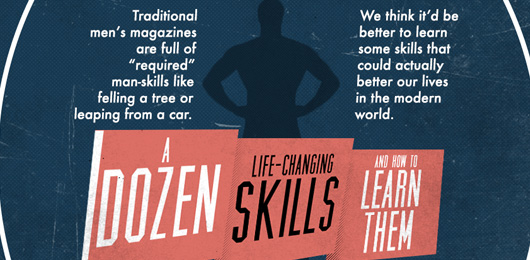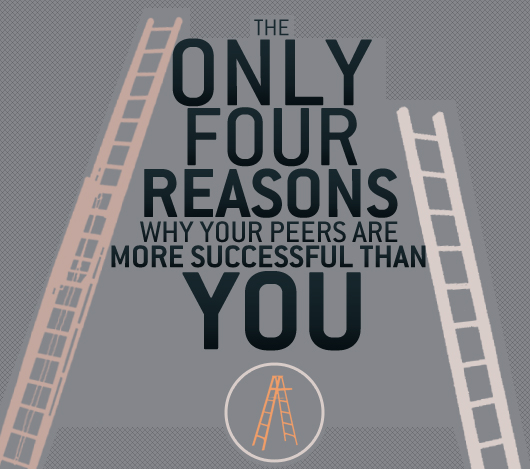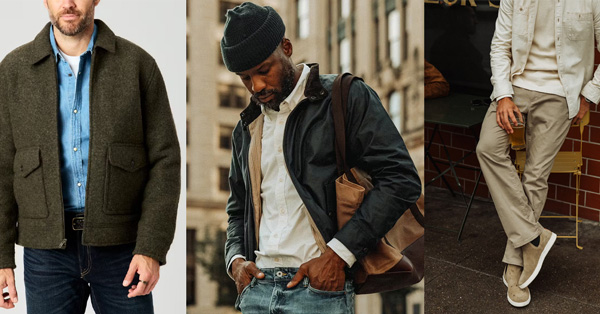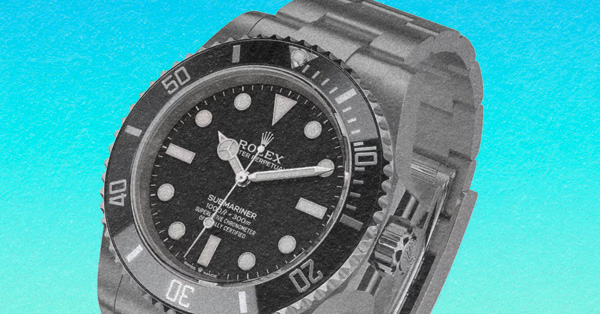Indochino, the company, was born in Canada, at the University of Victoria, where two entrepreneurial students hatched the idea out of necessity and fostered it into an international phenomenon. But the spirit of Indochino’s business model has its roots in the reinvention of the tech space. Just as social media gives everyone a personalized voice, Indochino gives every man a suit that fits. And not the shabby, one-size-fits-hardly-anyone thing you’d get off the rack at Macy’s or some mall department store. Indochino’s suits are tailor made to order in record time and FedEx'ed directly to your door in two weeks.
The history of Indochino is inspiring, in spite of it only spanning about three years. There’s something populist and revolutionary about it. High quality men’s clothing, like the upper echelons of business, has long been an institution deeply rooted in tradition, exclusive to those with familial or financial legs up. After all, clothes can make a man – and a well-tailored suit is symbolic of the stately cultivation that serves as the runway to a well-connected, well-endowed launch into the corporate world. A gangly guy with the wrong knot in his tie and high-water slacks that reveal his should-have-been-brown socks, on the other hand, bears the hallmark of a neophyte. But without daddy’s tailor and checkbook, getting the right look for that critical job interview is somewhat of a crapshoot. Doing so without spending thousands of dollars is a damn near Olympian undertaking. Indochino co-founder Heikal Gani pulled it off, but it wasn’t easy.
Gani bought his first real suit when he was a psychology and political science major at UVic. A conference had come up and Gani had to look the part. Like most of us with our checking accounts close to the edge, the purchase of a suit isn’t exactly premeditated. Unfortunately, a properly fitted and tailored suit can take weeks to attain – especially if you’ve never been measured, don’t know what to buy and don’t know where to buy it. Gani did the only thing a 21st century man without a network of old boys could do – he researched it on the Internet.
Being a slimmer guy, he quickly found out that he needed something different than what was on the rack. But in a city with a population of less than half a million on the west coast of Canada, the only place that he could find (and afford) was Moore’s – the Canadian equivalent of Men’s Wearhouse. He got the suit, but wasn’t satisfied. It was boxy, generic and overpriced, considering. After dropping an additional $100 on tailoring, he looked good enough. But the frustrating experience stuck with him.
He talked over his experience with his friend and fellow UVic student, Kyle Vucko, a business major, and together, they identified that the problem lay not only in the product, but also in the process. Factory-made suits seem to call upon the man to fit the suit, rather than the reverse. It’s like something out of a dystopian novel about cubicle estrangement. Those that don’t fit inside the box are penalized with higher costs, a second-rate appearance and a notably cramped style. The notion is somewhat preposterous, once you consider how far we’ve come as a consumer society, where a house, a car and an education are attainable by the vast majority, but a decent suit is not. The need for accessible, affordable, and most of all, well-fitting and fashionable men’s suits was clearly there. The seeds for a compelling business opportunity were sown, and together, Vucko and Gani seized it.
Fast-forward to 2009, and now you can find the exact kind of business that Gani could’ve used back in college embodied in Indochino. It’s a mix between straightforward, well-produced style tips and instructions for the uninitiated and lightning-fast, responsive customer service. Here’s essentially how the process works:
- A guy goes to Indochino.com and picks a suit and sends in his measurements.
- If he doesn’t know his measurements, he can visit a local tailor or do it himself after watching a step-by-step video tutorial online.
- Indochino makes the suit from scratch and ships it to your door in two weeks.
- If the suit doesn’t fit, Indochino will fix it or replace it for free.
- For your second suit, Indochino simply pulls up your measurements, whips up your new suit and sends it off. Point, click, ship.
Jumping over the hurdle of getting the suit to fit right the first time without trying it on was seemingly the biggest challenge that faced Indochino. Luckily, the videos are extremely detailed and easy to follow. But inevitably, given that this is likely the first suit a guy has bought, there are some that aren’t a perfect fit right out of the box. When this happens, Indochino will either take it back and fix it or foot the bill for a local tailor until it’s right. This responsiveness and light speed customer service are perhaps the most stunning aspect of Indochino’s business model. Take this for example:
In November 2008, Men’s Flair posted a review of Indochino’s suits that had a few pointed criticisms. Shortly after, Indochino had redressed some of the website inefficiencies Men’s Flair had pointed out and Vucko himself immediately rectified the issues with the reviewer’s suit. The experience prompted the reviewer to post an update stating that Indochino had made a “smart recovery.”
The constant drive towards improvement is really Indochino’s strong suit, and is actually a bit contrary to the old models. Where most menswear establishments pride themselves with slogans boasting that they’ve “Been doing to the same old thing since 1928,” Indochino evolves and refines itself every single day.
Vucko is constantly researching new ideas about functional design, eco-commerce and green business. He finds that “unique things can always somehow apply to your business model. One of our keys to success has been our different business model. We’ve taken this traditionally very offline thing and put it online and it lets us do a better product at a way better price.”
Indochino also goes against tradition in its business ethics and practices. Based in China, a nation somewhat marred by its 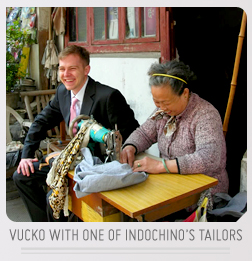
“It really comes down to doing good business and leaving something on the table for everybody involved. We generally pay pretty healthy premiums to our suppliers relative to what they would be getting paid by a local purchaser. Because we want to keep these guys. We want to keep growing with them and we want to have good leverage and grow a relationship with them. What that translates to on the factory level is that the staff are getting paid more, they’re working better, they are willing to check that button a second time because they’re getting paid better,” Vucko explains. “Our philosophy is that we give our Chinese employees a 20% to 25% bonus over their previous job. Plus, they’re working in a Western working environment – it’s a flat structure. It’s highly integrated and they’re wearing a lot of different hats and working five days a week as opposed to six. Ultimately, that gives us a really highly engaged, really loyal staff. It just pays to do the right thing.”
But in spite of all their success, there is one surprising fact about the two enterprising young gentlemen: they still haven’t finished college. With Indochino barreling ahead with cumulative momentum, Vucko and Gani have put their studies on hold to devote their full attention to the growing business, which now has offices in Shanghai and Victoria and will soon be expanding to the States. But that doesn’t mean they didn’t learn anything from their time at UVic. Vucko and his partner have raised plenty of eyebrows in the business world, as well as funds from the likes of former Yahoo president Jeff Mallett, W Media Ventures CEO Boris Wertz and German Internet- and mobile-based investment firm Acton Capitals Partners. Indochino owes much of its success to relationships that were forged through the mentorship program at UVic. Under the guidance of upwards of 20 different mentors, Vucko found his calling as an entrepreneur and began refining his business plan for Indochino.
As Vucko explains it to Primer, “When we came up with this idea [for Indochino], I specifically sought out a couple entrepreneurs [as mentors] who were in the tech/online space. We built the relationship over a few months. I would ask for feedback on our company idea, take it, turn around on it and they would see how I worked and how I responded to criticism. We really built a good relationship. So when it came time to raise money, I said ‘I need money’ and they said ‘Yeah, sure!’ I didn’t have to go through all those hoops because I had already built those relationships.”
Vucko, it seems, is an impressively quick study. Quicker, at least, than the speed of a bachelor’s program – he learned everything he needed to make Indochino a success with one semester to spare before receiving his formal degree. But like his custom tailored suits, Vucko shapes his education and experience to fit his vision. The two draw inspiration from their knowledge and expertise, but in the end, they take an immersive, holistic approach to making their business better and getting a deeper understanding of how everything works in the niche that they are helping to carve out.
“It’s been a long and interesting road. When you first start, you have no idea what you’re doing. This is really my first job out of college. A degree and your education can help you, but really, you learn everything on the go. We ended up stumbling a lot – doing business in China is a whole other can of worms you have to figure out – but it’s been an ongoing process. Working with the tailors, figuring out the whole process, getting it online – it’s been constant refinement from the beginning. Whenever we get feedback from a customer, whether it’s on the product side or the service side, we always incorporate it into the next rendition of our website or update it on the spot. Our stuff’s always getting better.”
You can call Vucko and Gani unconventional. Call them unlikely, unorthodox, uncommon. Call them what you want – but the story of Indochino proves that they are anything but unrefined.
Full disclosure: Indochino, as you may have noticed, is one of our sponsors. But we don’t advertise anything unless we really, really like it – which means you’ll probably like it, too.
Images courtesy Indochino



